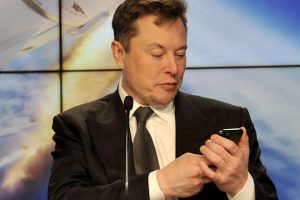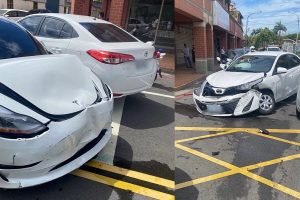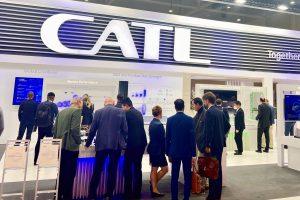Key Points
- 🚗 Hyundai and Kia report strong demand for electric vehicles (EVs) in the U.S., contrary to concerns from other automakers about slowing EV demand.
- 📈 Kia and Hyundai executives express confidence in the U.S. EV market, with Hyundai’s COO stating that EV sales have been doubling year over year.
- 🔋 Hyundai is actively investing in EV production, with plans for a new $1.5 billion EV manufacturing plant in South Korea and a $7.6 billion EV and battery factory in the U.S.
- 🌐 Kia expects the volume of EVs to continue increasing despite uncertain economic conditions and emphasizes organic growth.
- 🤝 Amazon forms a strategic partnership with Hyundai, allowing the auto brand’s vehicles to be sold on Amazon’s online platform.
- 💰 Hyundai announces plans to raise wages at a U.S. factory in 2024, following historic strikes against other automakers by the United Auto Workers (UAW) union.
While many traditional automakers have aired concerns about electric vehicle (EV) demand slowing in recent months, Kia and parent company Hyundai say they aren’t worried about consumer interest for its products. Instead, senior executives for the company have said that EV demand in the U.S. is particularly strong, as a recent report details.
Hyundai and Kia are seeing strong U.S. demand for EVs, as stated by multiple company executives at the opening of the Los Angeles Auto Show on Friday, Reuters reports. The statements came as many automakers, including General Motors (GM), Ford and others, have announced delays to future EV projects, some related directly to concerns around demand.
One such Hyundai executive included Jose Munoz, the South Korean automaker’s COO, who said that the company’s EV sales had been doubling year over year.
“I am still very bullish on the battery electrics,” Munoz said. “Our investments in the battery electric plant in Savannah, [Georgia] move on. So we’re pushing as much as we possibly can to get it ready by October next year. [Investments] are not on track. They are accelerated. We are pulling ahead.”
The only thing holding Hyundai’s EV sales back, according to Munoz, is the simple ability to increase production capacity.
“Based on what I see, I need more. If I had more capacity today, I could sell more cars,” Munoz added.
Last week, Hyundai broke ground on a new $1.5 billion EV manufacturing plant in Ulsan, South Korea, and the automaker is also accelerating plans to build a $7.6 billion EV and battery factory in the U.S. in Savannah, Georgia in an attempt to gain access to the country’s Inflation Reduction Act (IRA) credits for domestic production.
Kia executives made similar statements to those of its parent company Hyundai this week. Steven Center, COO of the Kia America branch, said he expects EV volume to continue increasing despite uncertain economic conditions.
“We’re still growing organically despite the weather outside,” Center said. “We’re not seeing a slowdown.”
“All things being equal, as they say in economics, we’ll continue to grow in volume, and the EV side will do most of the growing,” Center added.
Earlier this week, Amazon launched a strategic partnership with Hyundai, through which the auto brand’s vehicles will become available to purchase on the former company’s online sales platform. Hyundai also announced plans to raise wages at a U.S. factory in 2024, following historic six-week strikes lodged against Ford, GM and Chrysler parent company Stellantis by the United Auto Workers (UAW) union.





